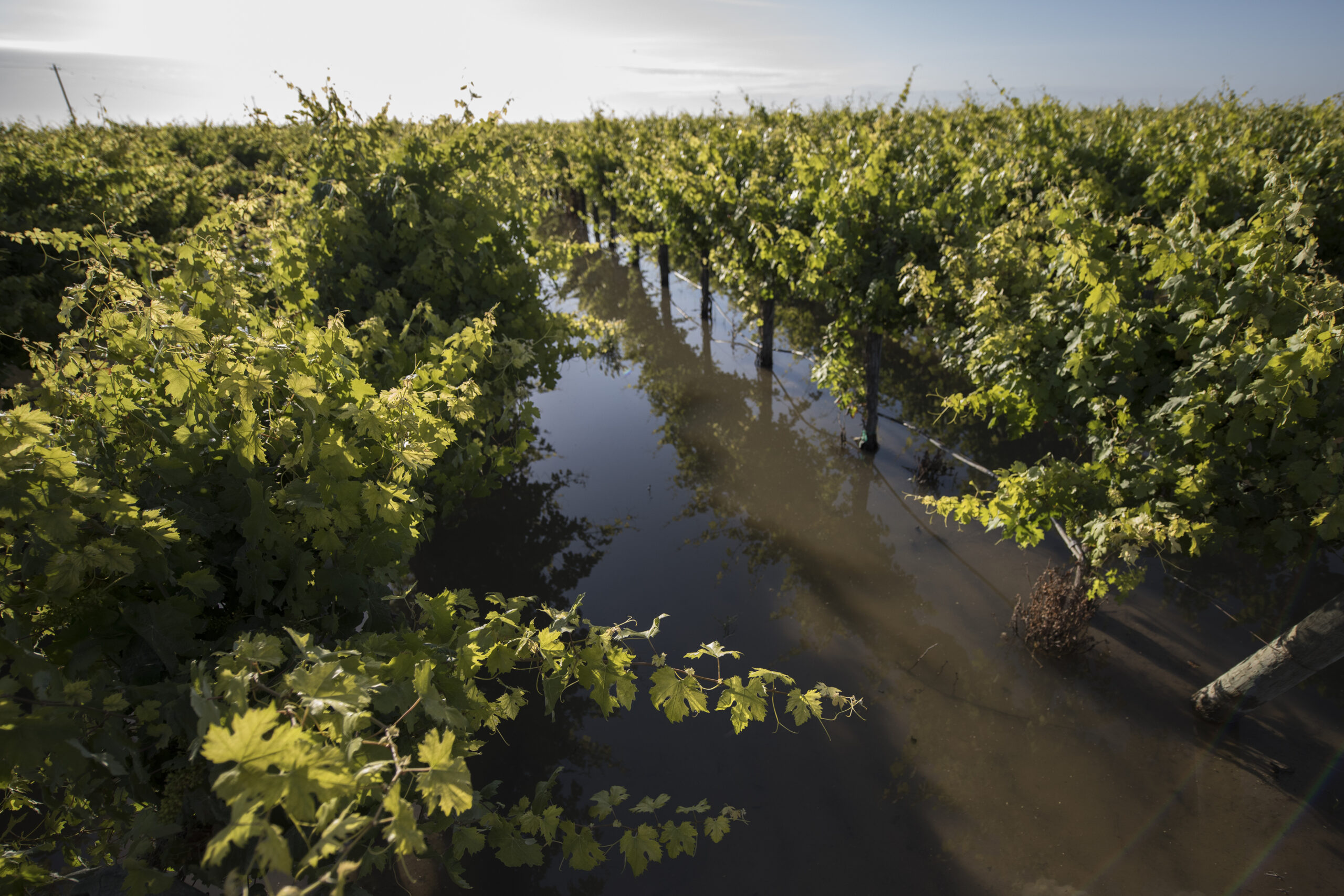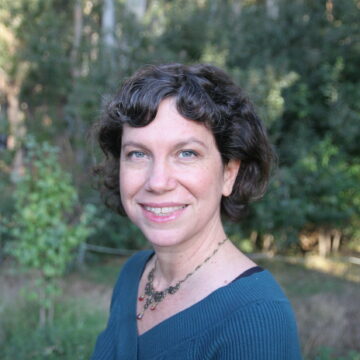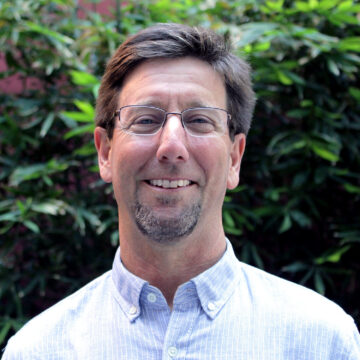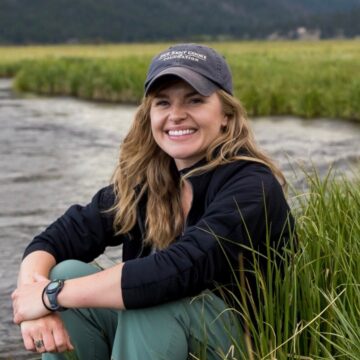
Don Cameron’s Helm (Fresno County) vineyard with floodwater for groundwater recharge. Photo by Paolo Vescia
Media Contact: Eric Epstein, Communications Associate, 415-977-0380 x806 eepstein@suscon.org
ANOTHER YEAR OF DELUGE: CHALLENGES AND POTENTIAL PRESENTED BY THE 2024 WET SEASON
Adapting to Climate Change
Once again, California is experiencing intense atmospheric rivers that fill our reservoirs and temporarily quench drought but also lead to flooding, community hazards, and environmental devastation.
As California’s climate evolves, so do precipitation patterns and water systems. A Berkeley study estimates that atmospheric rivers in the Western U.S. expand by 15% in size and 6 hours in duration with every 1-degree Celsius rise in global temperatures. Furthermore, our snowpack – historically up to one-third of our water supply – dwindles as more precipitation falls as rain instead of snow at higher elevations. The state’s water infrastructure, designed in the 20th century for predictable rainfall and snowmelt, struggles to manage the increased intensity of these atmospheric rivers, leading to greater reliance on groundwater aquifers. This results in sinking lands, reduced river flows, and water insecurity for over one million Californians, impacting fish, wildlife, and communities.
So, how do we protect communities and pursue a sustainable water future in 2024? The answer lies in our ability to manage peak flood flows from these storms effectively. By capturing and storing floodwaters in floodplains, basins, and farmland, we facilitate groundwater recharge and deliver vital ecosystem benefits — while simultaneously reducing flood risk for communities.
Recharge in action! The video shows water being diverted from a canal to Christine Gemperle’s orchards for recharge. Photo by Sustainable Conservation
Our Approach
Sustainable Conservation has over a decade of experience testing, siting, and scaling groundwater recharge and flood management solutions in California. From individual farmer fields to collaborative statewide studies to tailored software solutions, we’ve worked with growers, irrigation districts, water managers, UC researchers, consultants, agencies, and policymakers to make groundwater recharge an adaptable and powerful part of our drought resilience solutions portfolio.
We can keep scaling this work to make sure the next time water comes, even more farmers, irrigation districts, floodplains, and basins will be ready to recharge our thirsty aquifers – which have at least three times the storage capacity as our above-ground reservoirs.
Our Track Record
We began in 2011 with one Fresno County farmer who diverted flood water over his vineyards to refill the aquifer under his land. We’ve grown this work into our flagship Water for the Future program that drives integrated water management planning, implementation, research, and policy.
- 2011: With pioneering Fresno County farmer Don Cameron, tested a unique method for replenishing our underground water savings account: applying seasonal flood water to farmland.
- 2016: Developed a software tool (Groundwater Recharge Assessment Tool, aka GRAT™) in partnership with the Earth Genome to maximize groundwater recharge in regions suffering the most from depleted aquifers.
- 2017: Partnered with the California Department of Water Resources on a statewide strategy for recharge (Flood-Managed Aquifer Recharge, aka Flood-MAR) on diverse landscapes with multiple environmental benefits.
- 2017: Implemented operational GRAT™ in Madera Irrigation District with 107 farmers to recharge 4,000 acre-feet of water during winter and fall water seasons.
- 2019: Grew operational GRAT™ in Madera Irrigation District to 379 farmers recharging 10,700 acre-feet of water during winter and fall water seasons.
- 2021: Released guidance resources that help growers, water planners, and communities protect drinking water quality while replenishing aquifers.
- 2022: Completed Merced River Watershed modeling study with the California Department of Water Resources to demonstrate the integration of flood and groundwater management on a watershed scale.
- 2022: Implemented operational GRAT™ in Turlock sub-basin to support two Groundwater Sustainability Agencies (GSAs) and four irrigation districts to coordinate integrated water management decisions and multi-benefit project planning.
- 2023: Collaborated with recharge partners to inform the development and implementation of Executive Order N-4-23, which strives to establish new permitting pathways for groundwater recharge efforts to address groundwater overdraft while ensuring public safety and environmental protection.
- 2023: Sustainable Conservation partners recharged three times more groundwater in 2023 than any other year. Thanks in part to our work with willing partners, the California Department of Water Resources (DWR) reported that Californians recharged enough water for 11 million homes this year alone.
Meet Our Experts
For general press inquiries, contact Eric Epstein at 415-977-0380 x806 or eepstein@suscon.org
Our experts are excited to share their work with you! Contact us for an interview and for more information on California water management.
More Resources
A Watershed Moment Interview Series:
- Turlock Irrigation District’s Michelle Reimers and Wes Miller
- Sustainable Conservation Agronomist Rogell Rogers
- Turlock Grower Christine Gemperle
Previous Blogs:



